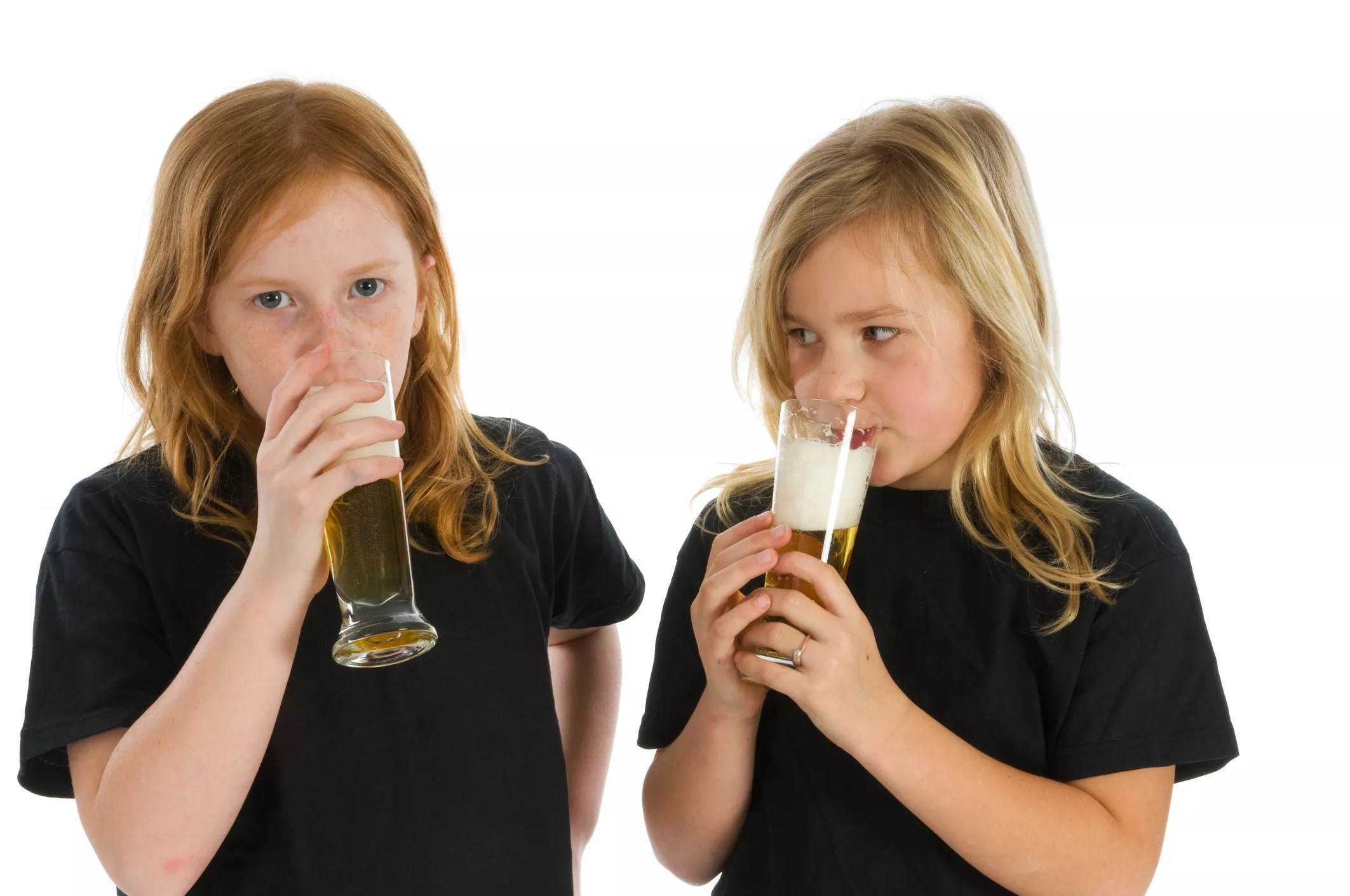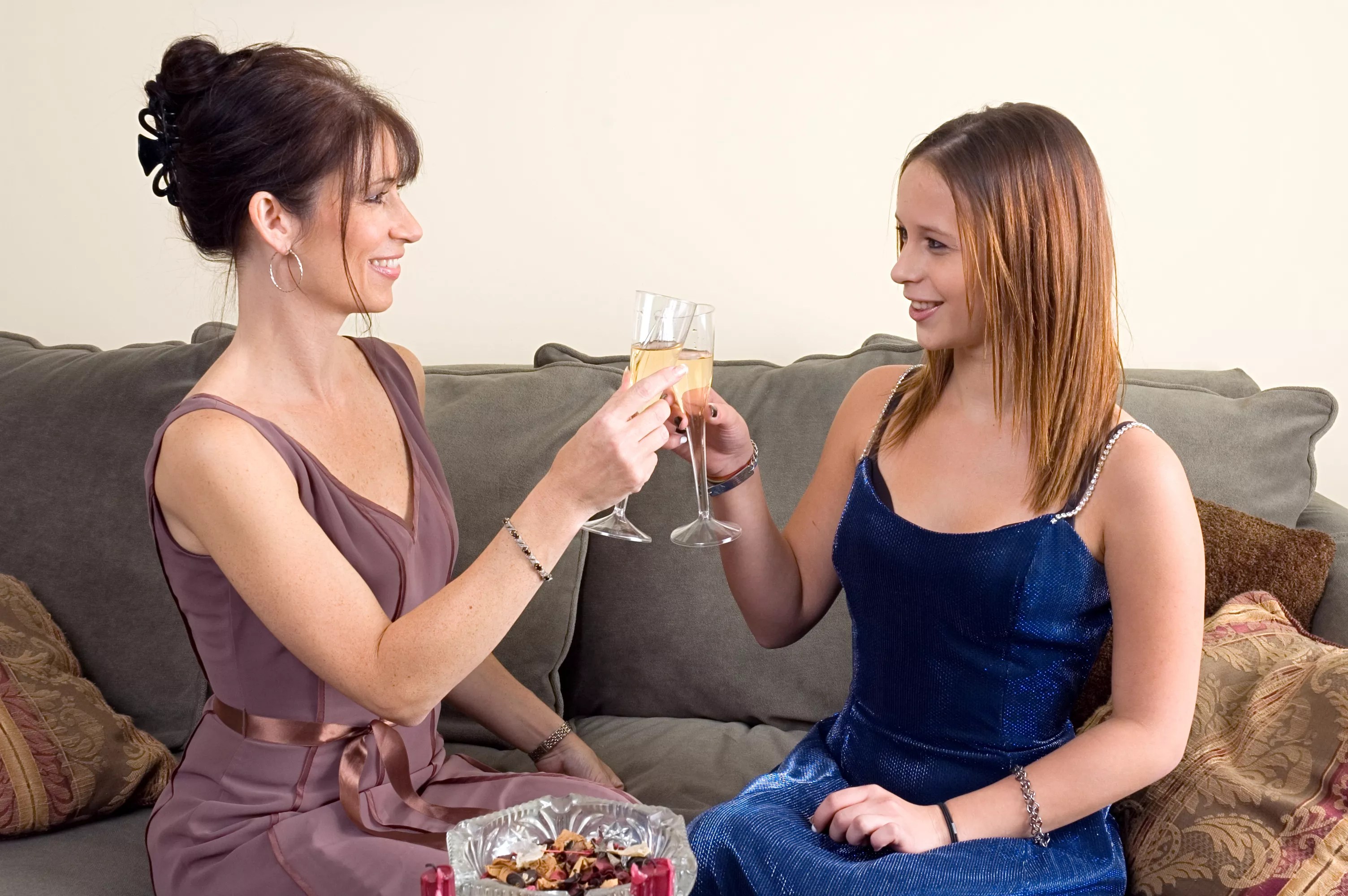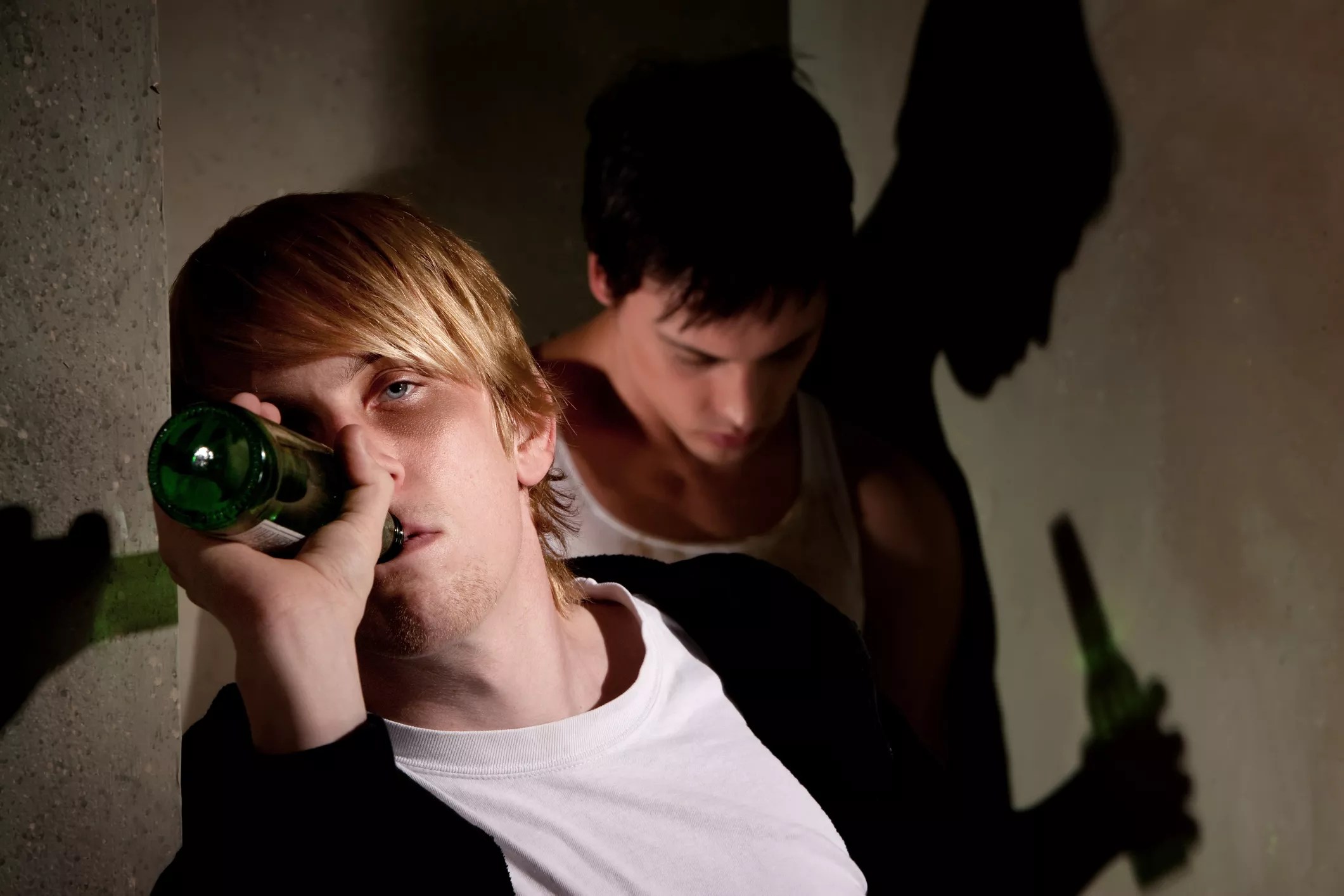
Getty Images

Audio By Carbonatix
Although Colorado has established the age at which you can legally consume alcohol at 21, state statutes include five exceptions that allow underage drinking that would otherwise be illegal. Moreover, none of the exceptions sets a minimum drinking age, though one of them comes close.
Colorado isn’t unusual in allowing such exceptions. As noted on the website ProCon.org, 45 states permit underage consumption of alcohol for one or more reasons. However, the five exceptions on the Colorado books are among the highest number in the nation. New Jersey is the only state with six exceptions, as calculated by the site, while there are just three others that allow five: Louisiana, Nevada and South Carolina. The rest offer four or fewer exceptions, and in Idaho, underage consumption of alcohol is illegal in every situation.
Those who click this link to Colorado’s underage consumption law language will find a section that begins, “It shall be an affirmative defense to the offense…that the ethyl alcohol was possessed or consumed by a person under twenty-one years of age under the following circumstances.”
Here are the five exceptions, in order of appearance.
Number 1: On private, non-alcohol-selling premises, with parental consent
Is your drunk uncle breaking the law when he encourages a seven-year-old to sample some Bud Light? Probably not in Colorado, where the statute carves out an exception for the sort of family gatherings where this kind of thing regularly takes place. And the text doesn’t limit the amount of alcohol consumed to just a sip. The only thing that matters is that moms, dads or guardians are okay with what’s happening.
The language reads: “While such person was legally upon private property with the knowledge and consent of the owner or legal possessor of such private property and the ethyl alcohol was possessed or consumed with the consent of his parent or legal guardian who was present during such possession or consumption.”

Getty Images
Number 2: For medical purposes
Children are allowed to drink alcohol if it’s among the ingredients in prescribed medication. This exception is described in one of the odder portions of the statute, which also okays alcohol consumption when it’s part of baked goods. It reads:
When the existence of ethyl alcohol in a person’s body was due solely to the ingestion of a confectionery which contained ethyl alcohol within the limits prescribed by section 25-5-410 (1) (i) (II), C.R.S.; or the ingestion of any substance which was manufactured, designed, or intended primarily for a purpose other than oral human ingestion; or the ingestion of any substance which was manufactured, designed, or intended solely for medicinal or hygienic purposes; or solely from the ingestion of a beverage which contained less than one-half of one percent of ethyl alcohol by weight.
Number 3: For educational purposes
Yes, drinking alcohol can be educational – but a middle-schooler can’t simply announce that he was guzzling in order to learn about the effects of booze. The underage person must be enrolled in a college-level course focusing on the restaurant industry. And swallowing the stuff is explicitly verboten. The only approach that’s legal is taste-and-spit.
Here’s the actual text:
(c) The person is a student who:
(I) Tastes but does not imbibe an alcohol beverage only while under the direct supervision of an instructor who is at least twenty-one years of age and employed by a post-secondary school;
(II) Is enrolled in a university or a post-secondary school accredited or certified by an agency recognized by the United States department of education, a nationally recognized accrediting agency or association, or the “Private Occupational Education Act of 1981”, article 59 of title 12, C.R.S.;
(III) Is participating in a culinary arts, food service, or restaurant management degree program;
and (IV) Tastes but does not imbibe the alcohol beverage for instructional purposes as a part of a required course in which the alcohol beverage, except the portion the student tastes, remains under the control of the instructor.
Number 4: For religious purposes
So you’re a Catholic and you want your kid to not only eat the body of Christ but drink his blood, too? That’s perfectly okay in Colorado, as established by this statutory line: “The possession or consumption of ethyl alcohol shall not constitute a violation of this section if such possession or consumption takes place for religious purposes protected by the First Amendment to the United States Constitution.”

Getty Images
Number 5: When reporting medical need due to underage drinking for another minor
This is the wordiest exception to underage alcohol consumption, in part because the statute’s authors have made it as narrow as possible. Officials want underage drinkers to call for help if a fellow juvenile is in medical distress rather than waiting until it’s too late because they fear being busted for their own actions, but the authors clearly labored to make this loophole as small as possible – hence the following rule:
(4.5) An underage person and one or two other persons shall be immune from criminal prosecution under this section if they establish the following:
(a) One of the underage persons called 911 and reported that another underage person was in need of medical assistance due to alcohol consumption;
(b) The underage person who called 911 and, if applicable, one or two other persons acting in concert with the underage person who called 911 provided each of their names to the 911 operator;
(c) The underage person was the first person to make the 911 report;
and (d) The underage person and, if applicable, one or two other persons acting in concert with the underage person who made the 911 call remained on the scene with the underage person in need of medical assistance until assistance arrived and cooperated with medical assistance and law enforcement personnel on the scene.